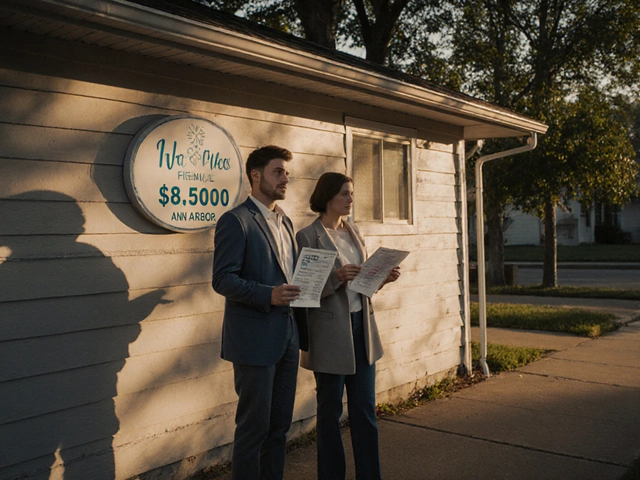Cardiac Surgery Complications: What You Need to Know Before You Go Under the Knife
When you hear cardiac surgery complications, unwanted medical problems that can happen after heart surgery. Also known as post-operative heart surgery risks, these are the unexpected setbacks that can delay healing, extend hospital stays, or even threaten life. It’s not about fear—it’s about being ready. Around 1 in 5 people who have open-heart surgery face at least one complication, and many of them are preventable with the right knowledge.
Common cardiac surgery complications, include infection at the incision site, irregular heart rhythms, bleeding, stroke, and kidney problems. These aren’t rare outliers—they show up in hospital data across India and globally. For example, sternal wound infections happen in 1–3% of cases, especially in diabetics or people with obesity. Arrhythmias like atrial fibrillation affect up to 30% of patients in the first few days after surgery. And while most are treatable, they still mean more pain, longer recovery, and higher costs.
Then there’s the recovery timeline, how long it takes your body to heal after the chest is opened and the heart is repaired. Many assume they’ll feel normal in a few weeks. Reality? Full recovery often takes 3 to 6 months. Fatigue, brain fog, and chest tightness aren’t just "normal"—they’re signals your body is still rebuilding. Ignoring them can lead to setbacks. And while doctors focus on the surgery itself, few talk about how sleep, nutrition, and mental stress directly impact healing. One study from AIIMS found patients who followed a structured rehab plan had 40% fewer readmissions in the first year.
It’s not just about the surgery. Your pre-op health plays a huge role. If you’re smoking, have uncontrolled blood pressure, or are overweight, your risk of complications jumps. Even something as simple as skipping your diabetes meds before surgery can lead to poor wound healing. And after? Moving too soon or too little both cause problems. Too much movement strains the sternum. Too little leads to blood clots or pneumonia.
What you won’t hear from every surgeon: cardiac surgery complications don’t just happen randomly. They’re often linked to how well you prepare, how you follow instructions, and whether you have support at home. A patient in Pune who had a family member help with daily walks and meal prep recovered 3 weeks faster than someone who went it alone. That’s not luck—that’s strategy.
Below, you’ll find real stories and facts from people who’ve been through it. You’ll learn what doctors don’t always say about pain, what signs mean trouble, how to spot infection early, and what actually helps recovery—not just what’s sold in brochures. No hype. No promises. Just what works.





